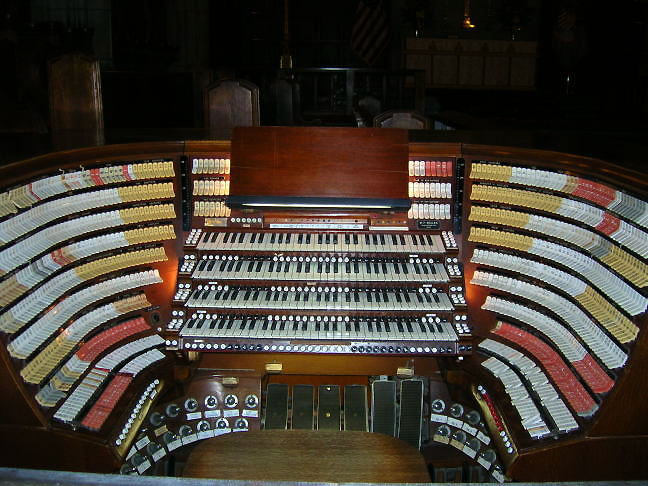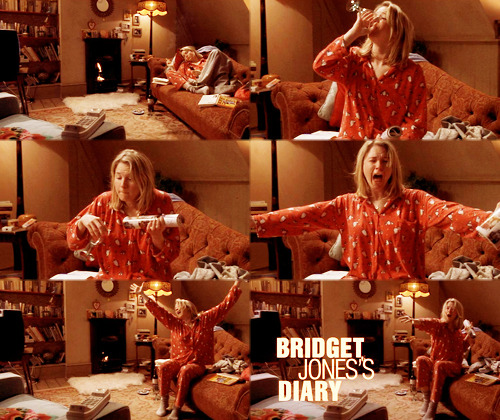I often tell people that I’m a retired musician. What I mean is, I used to identify myself as a musician, but I don’t anymore.
I studied piano from as early as I can remember and singing from the time I was an adolescent.
I played French Horn from grades 7 to 13 (full-on band geek). Music camp and choirs were experiences that defined my sense of self. That was who I was.
When the time came to decide about university...well, I don’t even recall making a decision...I was going to study music. There was no question. I knew I loved to sing. I knew I loved to perform. I knew I was good at both. That’s all that mattered to me. I don’t recall if my parents tried to talk me out of it. I don’t remember if my teachers or guidance counselors did either. I’m pretty sure I wouldn’t have listened. I was 18 years old and I knew everything.
I have wealth of wonderful memories of my time at Western. I have a collection of ridiculously talented friends, all with accomplished music careers. I was fortunate to learn from some gifted and inspiring professors.
But somehow, slowly, the music in me began to die.
I can’t pinpoint when, or where or how, but music stopped being my passion. Singing became competitive. Instead of experiencing performances and concerts, letting myself be enveloped, I learned to analyze music. I listened less for beauty, and more for historical time period, appropriate ornamentation, and impeccable intonation. I learned to raise my eyebrows when performers sang under the pitch...you know, to show others that I knew it was out of tune. I learned to encourage my peers outwardly but to criticize them inwardly, to compare them to myself.
I experienced the hierarchy of Performance Majors over Education Majors; Wind Ensemble vs Orchestra, Pianists and Composers and Singers vs everyone else. I discussed singing technique all the time. I was concerned about my soft palate, my diaphragm, my oral pharynx, my resonance spaces...I forgot I was supposed to be making music. I forgot I was supposed to be expressing myself, communicating though melody, sharing joy and beauty.
But probably most profound, was the shocking introduction to my own personal weaknesses. When you watch singers perform with pianists, an orchestra or in an opera, you see the final product. You see and hear team work, ensemble. You experience music-making. What you don’t hear are the hours, and hours and hours of solitary work learning the notes in the first place. I discovered that while I excelled at “working well with others”, at “practicing-all-by-myself-in-a-tiny-room-with-only-a-piano”, I sucked. Big Time. I couldn’t do it. I avoided it at all costs. I would enthusiastically attend opera rehearsals, choir practice, even one-on-ones with my piano accompanist. But me alone, learning music? Almost never. I did not know where to start. I didn’t realize there was a way to do it. I didn’t even consider that I could have asked someone how they did it. I could have learned to practice. I know that now. My sight-reading and ability to learn music really, really quickly (with help) saved me. If it wasn’t for the 3-day Recital Boot Camp Julie coached me through in 4th year, I would not have graduated.
And the craziest thing? That recital? It rocked.
Long story short, I left music school dazed, quite bitter, and with very little confidence in my ability to be a musician. I had a large piece of paper that said I was a musician, but wasn’t even sure I liked music anymore.
What does a 22 year old Music Graduate do next? Move to the Big City and go to work in a record store, of course. This one.
Most of my colleagues were just like me.
This was the place where music changed for me. Over the next several years I would learn to listen to music in a new way. I was fortunate to be in a place where I was being paid (albeit minimum wage) to listen to music for 9 hours a day. When I worked opening shifts I discovered the breathtaking simplicity of starting my morning with
Erik Satie or Bach’s
Goldberg Variations. I listened to what seemed like every recording of every opera ever made while discussing with crazy record collectors and opera fanatics the beauty of
Leopold Simoneau and
Nicolai Gedda’s voices. I remembered why I loved
Renata Tebaldi and
Mirella Freni. I was introduced to
Luciano Berio and discovered that there was nothing better at midnight on a Saturday than
Schnittke Quartets on full blast (
try it, it's true).
But the best part was the opportunity to see live music. When artists were in town, we were often lucky enough to be given free tickets, courtesy of the record labels. In those days, the heydays of cd sales, we went to concerts multiple times a week. I could never mention them all, but there were life-changing ones for me--
Ute Lemper at Massey Hall.
Kronos Quartet at the George Weston Recital Hall and,
Ben Heppner at Roy Thompson Hall.
During those years I was also fortunate to work with so many fascinating people. People who loved music. Some were musicians, but many were not. They were visual artists, writers, photographers, film makers, dancers, actors or students, but they were all passionate about music-every single kind of music you could possibly imagine. I even met the man who would end up as my husband there. He was a recovering music grad, just like me. I won’t go into detail about how amazing and inspiring he is because, that’s another story entirely, and this post is already too long.
My music store days are long gone and I now make my living as a Business Consultant doing process improvement work for the provincial government (Sounds fancy, right? Believe me, it is. One day I'll introduce you to the fancy people I work with now.).
But...BUT...and it’s a BIG BUT. Music is more important to me now than it ever has been before. I no longer think of myself as a musician, but I play the piano more (and better) than I ever have before. I sing more (probably not better) than I ever have before. My children have free, uninhibited music oozing out of every pore of their little bodies and it takes my breath away on a daily basis. They don’t judge my breath control or intonation (or anyone else's for that matter). They just want to make music. And we do. Boy, do we ever.
This is what music should be and I am so grateful for the experience.

























